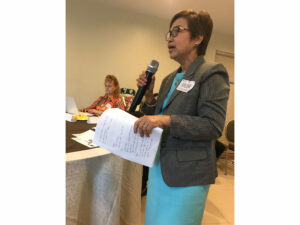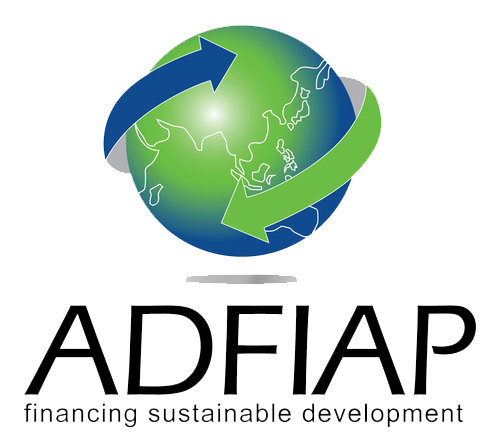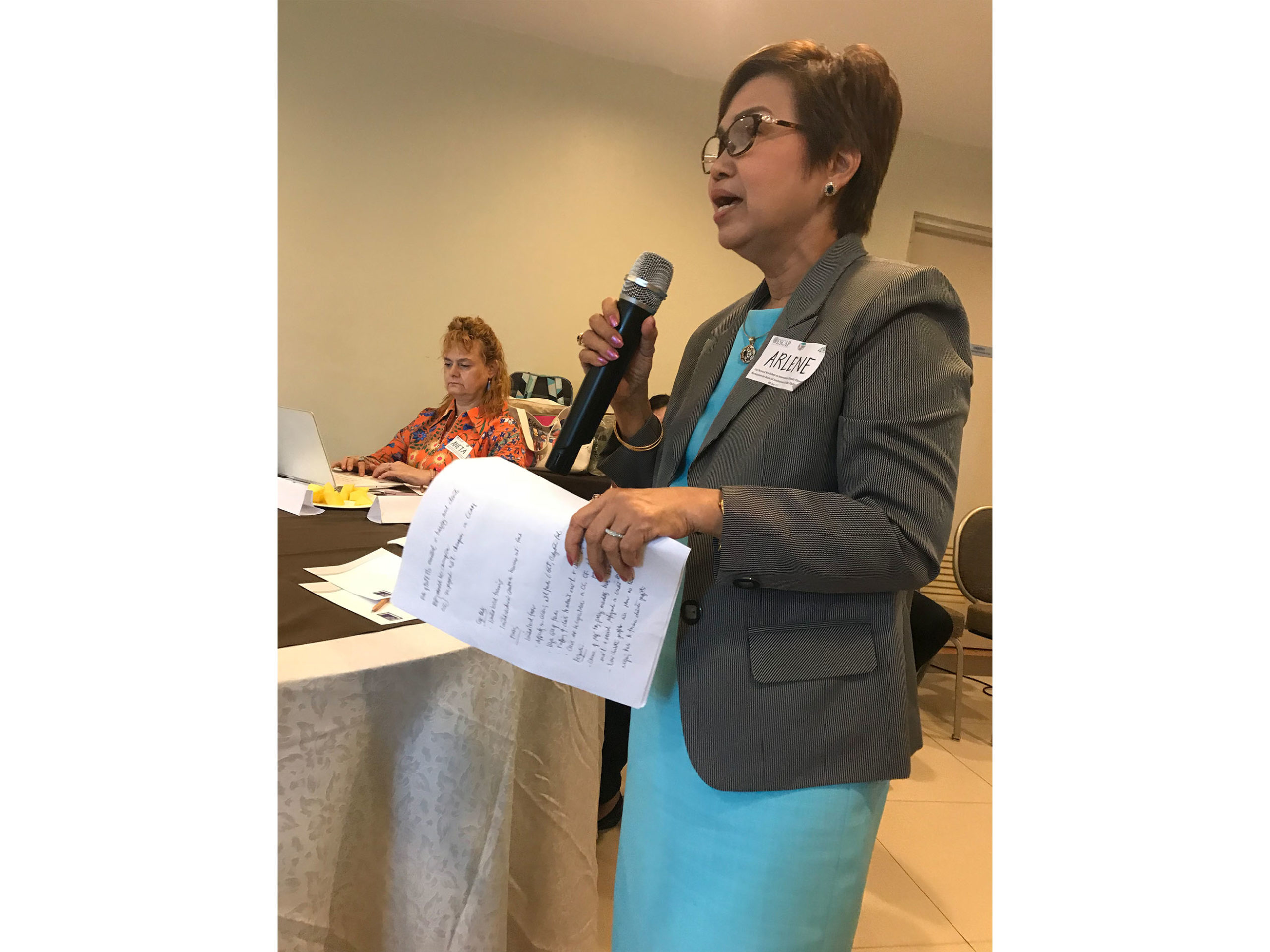 ADFIAP, in collaboration with United Nations Economic and Social Commission for Asia and the Pacific (ESCAP) and the Small Enterprises Research and Development Foundation (SERDEF) conducted the 2nd National Workshop on Innovative Climate Finance: Mechanisms for the Financial Institutions in the Philippines on December 8, 2017 at the One Pacific Place Hotel in Makati City, Philippines. This program is part of the ESCAP’S regional project called “Innovative Climate Finance Mechanisms for Financial Institutions in the Asia-Pacific Region” which aims to advance climate change mitigation initiatives in 4 countries, namely, the Philippines, Indonesia, Pakistan, and Sri Lanka.
ADFIAP, in collaboration with United Nations Economic and Social Commission for Asia and the Pacific (ESCAP) and the Small Enterprises Research and Development Foundation (SERDEF) conducted the 2nd National Workshop on Innovative Climate Finance: Mechanisms for the Financial Institutions in the Philippines on December 8, 2017 at the One Pacific Place Hotel in Makati City, Philippines. This program is part of the ESCAP’S regional project called “Innovative Climate Finance Mechanisms for Financial Institutions in the Asia-Pacific Region” which aims to advance climate change mitigation initiatives in 4 countries, namely, the Philippines, Indonesia, Pakistan, and Sri Lanka.
Among the speakers was Atty. Rommel Cuenca, Deputy Executive Director, Climate Change Commission (CCC) who announced that the CCC and ADFIAP are collaborating on a project on “Mainstreaming Sustainable Climate Action within the Financial Institutions in the Philippines.” He noted that the leadership of ESCAP has committed to support the project targeted for launch in 2018. Per ADFIAP Deputy Secretary General, Norman Tilos, the five mainstreaming principles of climate action are: (1) commit to climate strategies (2) manage climate risks (3) promote climate smart objectives (4) improve climate performance and (5) account for climate action.
Mr. Cuenca further called on financial institutions to start investing towards green and sustainable programs and identified areas of investments as follows: (1) energy and transport sector’s transformation (2) climate-friendly land use, i.e., food production including the scaling up of weather index-based crop insurance systems and (3) low-carbon and resilient critical infrastructure assets.
Another speaker, Ms. Subhi Shama presented a research from the Climate Policy Institute (CPI), saying that there are three ways to enter the sphere and meet the viability gap: (1) try and ensure the projects increase market revenue by offering different kinds of financial insurance, such as feed-in tariffs, subsidies or carbon credits (2) lower capital costs by getting other sectors involved such as by offering guarantees, concessional loans, and tax reductions and (3) change the investment climate as a whole. She added that the improvement of the financial landscape can be done through capacity-building; development, implementation and monitoring of climate policies; building of monitoring, reporting, and verification systems; and development of low-carbon and climate-resilient demonstration projects.
The national scoping study for the Philippines was also presented by Ms. Arlene Liberal of SERDEF and some of the recommendations include: (1) that the government, through the CCC, should play a stronger role in engaging key government agencies, such as the BSP, DENR, DOE, DOST, DPWH, DOTC, DILG, DA, and other stakeholders and should increase public awareness on climate change, measures on adaptation and mitigation, and the availability of climate financing (2) that a more proactive role of BSP (Central Bank) in climate finance by including climate and other environmental initiatives on its agenda, i.e., specialized schemes to incentivize banks, which is being done by the Central Bank of Pakistan and (3) that financial Institutions should be capacitated on how to assess climate-related risks and green technologies, and on environmental management and governance.
A technical session concluded the workshop and the suggested the following ‘way forward’ action: (1) to come up with a framework of regulations and incentives for financial institutions to pursue green financing which should be clear to all banks (2) to have an information campaign by the government and connect projects to the Sustainable Development Goals (SDGs) (3) to request policymakers to rationalize mandatory requirements for the “Agri-Agra Law and SMEs” and include climate finance as alternative compliance (4) to imbed climate finance in credit policies of banks and apply in all projects (5) to have top level management buy-in (6) to de-risk projects through public-private co-funding (considered an opportunity) (7) to imbed ESG aspects (environmental, social and governance) in BSP risk-management framework and (8) to make available technical assistance and support.
ADFIAP was represented by its Deputy Secretary General, Norman Tilos as well as by its Consulting Group members, Ms. Cora D Conde, Atty. Alberto Reyno, Mr. Vic Abainza, Ms. Arlene Orencia, Ms. Cristy Aquino, Ms. Carmen Cintura and Ms. Emy Chavez.

